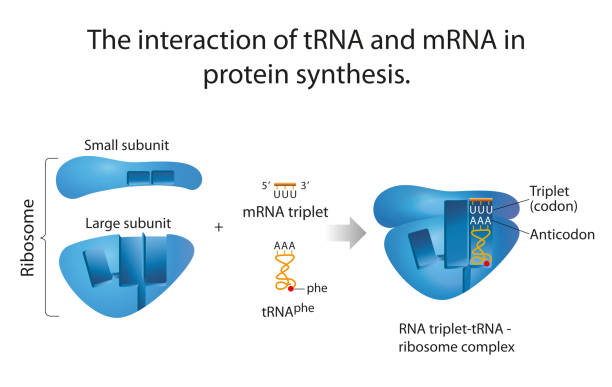1. What Is Albumīns (Albumin)?
Albumīns is a major protein found in human blood plasma, playing a critical role in maintaining osmotic pressure and transporting substances such as hormones, drugs, and fatty acids. Produced by the liver, albumīns accounts for more than half of the total protein in plasma.
This protein helps regulate fluid balance between blood vessels and body tissues. Without enough albumīns, fluids can leak into tissues, leading to swelling and other complications. It’s essential for maintaining proper blood volume and pressure.
2. Functions of Albumīns in the Body
One of the primary roles of albumīns is to keep fluid from leaking out of blood vessels, a process vital to preventing edema. It also binds to various molecules in the bloodstream, aiding in their transport and proper distribution throughout the body.
Additionally, albumīns acts as a buffer, helping maintain the body’s pH balance. It can bind to excess hydrogen ions, stabilizing the blood’s acidity level, which is crucial for many biochemical reactions and overall cellular health.
3. Causes of Low Albumīns Levels
Low levels of albumīns, a condition known as hypoalbuminemia, can result from liver disease, malnutrition, kidney problems, or chronic inflammation. When the liver fails to produce enough protein or the kidneys excrete too much, albumin levels can drop significantly.
Malabsorption issues such as in celiac or Crohn’s disease can also contribute to low albumīns. Identifying the cause is critical, as low albumin can be a symptom of underlying health issues requiring targeted treatment.
4. Symptoms of Albumīns Deficiency
A deficiency in albumīns often presents with symptoms like swelling in the legs or abdomen, fatigue, and slow wound healing. These signs result from the body’s inability to retain fluid and transport nutrients efficiently.
Other symptoms may include weakness, brittle hair, or unexplained weight changes. Since albumin affects so many systems, its deficiency can influence everything from blood pressure to organ function.
5. Albumīns Testing and Normal Ranges
Albumīns levels are typically measured through a simple blood test. A normal range for adults is usually between 3.4 and 5.4 grams per deciliter (g/dL), though values may vary slightly depending on the lab.
Doctors may order albumin tests if you’re experiencing symptoms of liver or kidney dysfunction, or as part of a general metabolic panel. Consistently abnormal results may lead to further testing to diagnose the root cause.
6. The Role of Albumīns in Liver Health
Since albumīns is synthesized by the liver, its levels are a strong indicator of liver function. Conditions such as cirrhosis, hepatitis, or liver cancer can impair albumin production, leading to deficiencies.
Regular monitoring of albumīns in patients with liver disease helps gauge the severity and progression of the condition. It also aids in evaluating how well treatments are working or when to adjust therapeutic plans.
7. Albumīns and Kidney Function
The kidneys play a significant role in retaining albumīns in the bloodstream. When kidney filters (glomeruli) are damaged, albumin can pass into the urine—a condition called albuminuria or proteinuria.
This is often seen in people with diabetes or hypertension and can be an early sign of chronic kidney disease. Monitoring albumin levels in urine is a useful diagnostic tool for assessing kidney health and predicting long-term complications.
8. Dietary Sources and Albumīns Production
Protein-rich foods are crucial for maintaining healthy albumīns levels. Dietary sources like eggs, dairy products, lean meats, legumes, and fish provide the amino acids needed by the liver to synthesize albumin.
People suffering from malnutrition or following restrictive diets may experience reduced albumin production. Including balanced protein intake supports liver function and helps the body maintain optimal albumīns levels.
9. Albumīns in Medical Treatment
Albumīns is sometimes used therapeutically in clinical settings. Intravenous albumin infusions may be given to treat conditions like shock, burns, or severe hypoalbuminemia. These infusions help restore blood volume and maintain fluid balance.
It is also used in dialysis patients and those undergoing major surgeries. Medical-grade albumin is derived from human plasma and must be administered carefully to avoid allergic reactions or complications.
10. Maintaining Healthy Albumīns Levels
Maintaining proper albumīns levels involves a combination of good nutrition, regular exercise, and proper management of chronic conditions like diabetes or liver disease. Staying hydrated and avoiding excess alcohol can also support liver health and albumin production.
Routine check-ups, especially for individuals with known risk factors, are essential for catching abnormalities early. With the right lifestyle and medical support, most people can keep albumīns within a healthy range and avoid complications.


